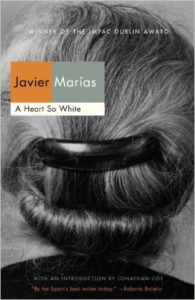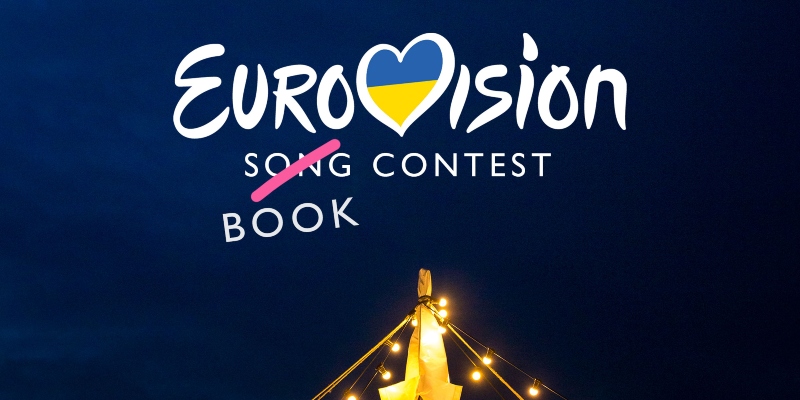
Expand your international reading with all 37 entries of the Eurovision Book Contest.
Here’s a great way to expand your international reading: with Hay Festival’s Eurovision Book Contest! Voted for by the public (suggestions were limited to anything published in the years since the song contest began in 1956), these are your 37 winners, one for each competing country in the 2023 contest. (ICYMI, Sweden won with a song inspired by Dune. Eurovision is very literary!)
To top it all off, the Hay Festival is hosting a special event on Friday, June 2nd to discuss the selections. Find more information and register here. (And tell us what you would’ve voted for in the comments.)
*
Albania

Ismail Kadare, tr. Barbara Bray, The Palace of Dreams
“Kadare’s most daring novel, one of the most complete visions of totalitarianism ever committed to paper.” —Jean-Christophe Castelli, Vanity Fair
*
Australia
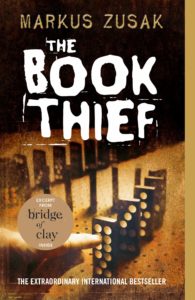
Markus Zusak, The Book Thief
“Zusak doesn’t sugarcoat anything, but he makes his ostensibly gloomy subject bearable the same way Kurt Vonnegut did in Slaughterhouse-Five with grim, darkly consoling humor.” —Time Magazine
*
Armenia
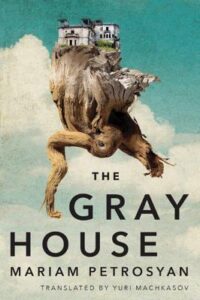
Mariam Petrosyan, tr. Yuri Machkasov, The Gray House
“The Gray House is enigmatic and fantastical, comic and postmodern… Nothing short of life-changing.” —The Guardian
*
Austria
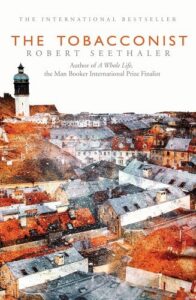
Robert Seethaler, tr. Charlotte Collins, The Tobacconist
“With The Tobacconist, Robert Seethaler has succeeded in writing a wholly coherent, condensed coming-of-age novel. Not a word is wasted.” —Die Presse
*
Azerbaijan
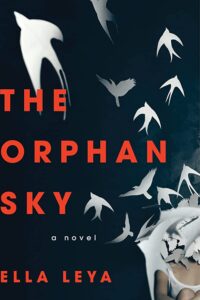
Ella Leya, The Orphan Sky
“The Orphan Sky is a heady mix of Soviet politics, artistic temperament and historical destiny. Leila’s journey from naïve school girl parroting Communist propaganda to passionate musician determined to gain personal freedom is poignant and impressive.” –Tracy Chevalier, author of Girl with a Pearl Earring
*
Belgium
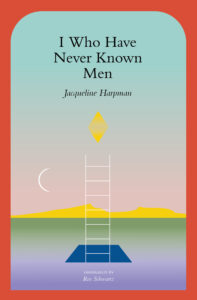
Jacqueline Harpman, tr. Ros Schwartz, I Who Have Never Known Men
“Ursula K. LeGuin meets The Road in a post-apocalyptic modern classic of female friendship and intimacy.”
*
Croatia

Lana Bastašić, tr. Lana Bastašić, Catch the Rabbit
“Catch the Rabbit is a funny story, fast and gripping despite its diversions, filled with observations of Bosnian society that are both tender and incisive.” —Irina Dumitrescu, Los Angeles Review of Books
*
Cyprus
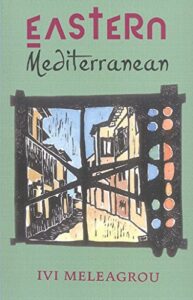
Ivi Meleagrou, tr. Andrew Hendry, Eastern Mediterranean
“Written in 1969, Eastern Mediterranean recounts the progressively tense political situation in Cyprus during independence, in Nicosia from 1960 to the beginning of intercommunal troubles at the end of 1963 through the eyes of a cast of characters.” —Vangelis Calotychos
*
Czech Republic
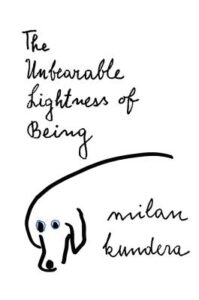
Milan Kundera, tr. Michael Henry, The Unbearable Lightness of Being
“Far more than a conventional novel. It is a meditation on life, on the erotic, on the nature of men and women and love . . . full of telling details, truths large and small, to which just about every reader will respond.” —People
*
Denmark
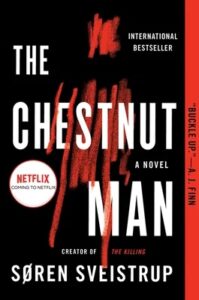
Søren Sveistrup, tr. Caroline Waight, The Chestnut Man
“A full-throttle thriller in the tradition of classic Stieg Larsson, drenched in atmosphere and charged with adrenaline. Buckle up. You’ll gulp down every word. I loved this book.” —A.J. Finn, author of the The Woman in the Window
*
Estonia
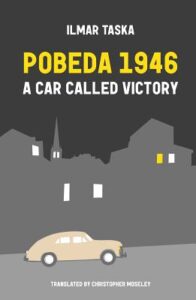
Ilmar Taska, tr. Christopher Moseley, Pobeda 1946: A Car Called Victory
“A powerful thriller set in Soviet-occupied Estonia, this quick read pulls you along each cold railway and into every poorly lit office the characters encounter.” —World Literature Today
*
Finland
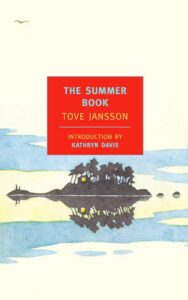
Tove Jansson, tr. Thomas Teal, The Summer Book
“Few books since Robinson Crusoe have evoked the joys of island living so powerfully as this Finnish novella.” —The Observer
*
France
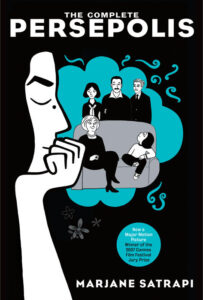
Marjane Satrapi, tr. Anjali Singh, Persepolis
“A memoir of growing up as a girl in revolutionary Iran, Persepolis provides a unique glimpse into a nearly unknown and unreachable way of life.” —Time
*
Georgia
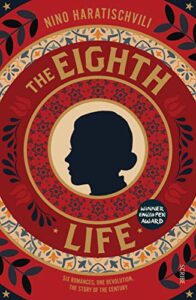
Nino Haratischvili, tr. Charlotte Collins and Ruth Martin, The Eighth Life
“[A]n exceptional, deeply evocative saga of an elite Georgian family as they endure the 20th century’s political upheavals, from before the Bolshevik Revolution through the post-Soviet era.” —Publishers Weekly
*
Germany
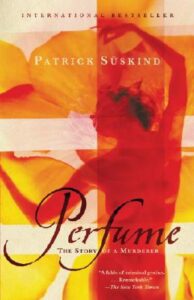
Patrick Süskind, tr. John E. Woods, Perfume: The Story of a Murderer
“A fable of criminal genius. Remarkable.” —The New York Times
*
Greece
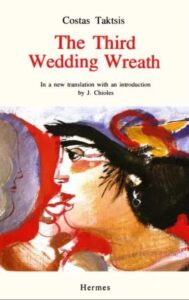
Costas Taktsis, tr. John Chioles, The Third Wedding Wreath
“Taktsis’ book is a celebration of the Greek people and the Greek woman in particular, and it roars with life.” —Library Journal
*
Iceland
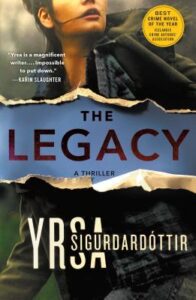
Yrsa Sigurdardottir, DNA (The Legacy)
“[The Legacy] is as stark and horrifying as any of the ancient Icelandic sagas. … Few readers will be able to put down this powerful tale of revenge.” —Publishers Weekly
*
Ireland

Marian Keyes, Rachel’s Holiday
“Irish by birth but a trendy New Yorker for the past eight years, Rachel Walsh learns just what it means to have too much fun in this lively drama about addiction and recovery.” —Publishers Weekly
*
Israel

Dorit Rabinyan, tr. Jessica Cohen, All the Rivers
“A fine, subtle, and disturbing study of the ways in which public events encroach upon the private lives of those who attempt to live and love in peace with each other, and, impossibly, with a riven and irreconcilable world.” —John Banville, author of The Sea
*
Italy
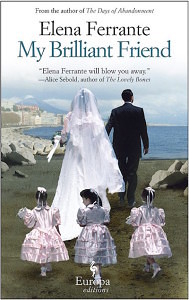
Elena Ferrante, tr. Ann Goldstein, My Brilliant Friend
“Spectacular.” —Maureen Corrigan, NPR’s Fresh Air
*
Latvia
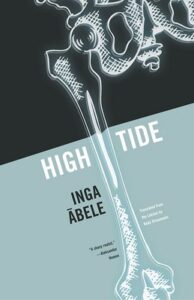
Inga Ābele, tr. Kaija Straumanis, High Tide
“The combination of strikingly lush descriptive writing with the precision with which she depicts the minds of her characters elevates this novel from a simple story of a love triangle into a fascinating, philosophical, haunting book.”
*
Lithuania
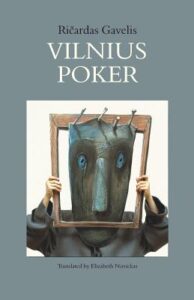
Ričardas Gavelis, tr. Elizabeth Novickas, Vilnius Poker
“Gavelis’s urban grunge and his portrayal of the bleakness and absurdity of Soviet life provide the perfect backdrop for what, at times, is a curiously hilarious novel.” —Julija Sukys, Lituanus
*
Malta

Clare Azzopardi, Kulħadd ħalla isem warajh
“This is a collection to be read by all those who are still convinced that none of our authors can write as well as some of the best English and American short story writers.” —Paul Xuereb, The Malta Independent on Sunday
*
Moldova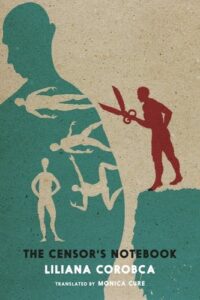 Liliana Corobca, tr. Monica Cure, The Censor’s Notebook
Liliana Corobca, tr. Monica Cure, The Censor’s Notebook
“The fictional censor of The Censor’s Notebook creates a masterpiece of repression—both the sinister governmental kind and the welcome capacity to repress trauma.” —Nell Zink
*
The Netherlands

Marieke Lucas Rijneveld, tr. Michele Hutchison, The Discomfort of Evening
“This childhood narrative of overwhelming grief, religious insanity, death and incest, cruelty and despair, is felt in the gut as much as it is in the heart.” —The Wall Street Journal
*
Norway

Jenny Hval, Marjam Idriss, Paradise Rot
“The themes of alienation, queerness, and the unsettling nature of desire align Hval with modern mainstays like Chris Kraus, Ottessa Moshfegh, and Maggie Nelson.” —Pitchfork
*
Poland
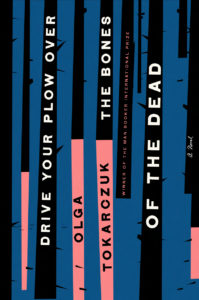
Olga Tokarczuk, tr. Antonia Lloyd-Jones, Drive Your Plow Over the Bones of the Dead
“Drive Your Plow is exhilarating in a way that feels fierce and private, almost inarticulable; it’s one of the most existentially refreshing novels I’ve read in a long time.” —The New Yorker
*
Portugal
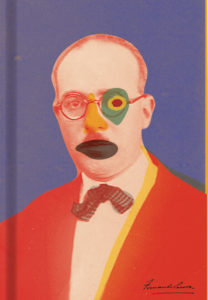
Fernando Pessoa, tr. Margaret Jull Costa, The Book of Disquiet
“In a time which celebrates fame, success, stupidity, convenience, and noise, here is the perfect antidote.” —John Lancaster
*
Romania
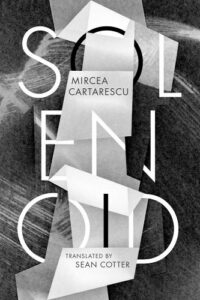
Mircea Cărtărescu, tr. Sean Cotter, Solenoid
Solenoid synthesizes and subtly mocks elements of autofiction and history fiction by way of science fiction. The result is unlike any genre in ambition or effect.” —Federico Perelmuter, Astra Magazine
*
San Marino
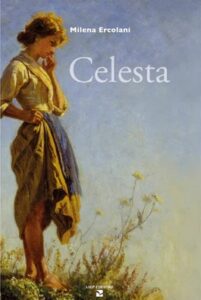
Milena Ercolani, Celesta
“The (true) story of a woman who rebels against violence and gives rise to new hopes for freedom.”
*
Serbia
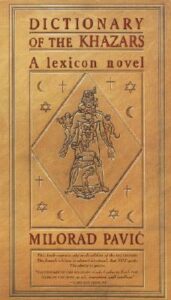
Milorad Pavić, tr. Christina Pribicevic-Zoric, Dictionary of the Khazars: A Lexicon Novel
“This book of knowledge from an imaginary 1,000 year old civilzation extends the normal bounds of fiction.”
*
Slovenia
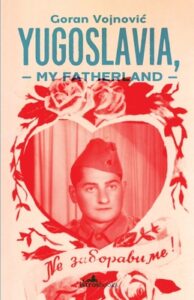
Goran Vojnović, Noah Charney, Yugoslavia, My Fatherland
“At last comes a work which will become required reading both within and beyond the Balkans.” —Eileen Battersby, The Irish Times
*
Spain
Javier Marias, tr. Margaret Jull Costa, A Heart So White
“Marías uses language like an anatomist uses the scalpel to cut away the layers of the flesh in order to lay bare the innermost secrets of that strangest of species, the human being.” —W. G. Sebald
*
Sweden
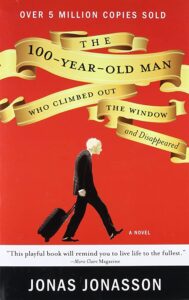
Jonas Jonasson, tr. Rod Bradbury, The 100-Year-Old Man Who Climbed Out the Window and Disappeared
“A mordantly funny and loopily freewheeling debut novel about ageing disgracefully.” —The Sunday Times
*
Switzerland
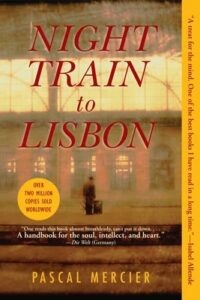
Pascal Mercier, tr. Barbara Harshav, Night Train to Lisbon
“A book so intent on answering the larger questions of existence that if readers give it a chance, it could be life-altering.” —Betsy Burton, The King’s English Bookshop, Salt Lake City, UT
*
Ukraine

Serhiy Zhadan, tr. Reilly Costigan Humes and Isaac Stackhouse Wheeler, The Orphanage
“Powerful . . . For those who want a glimpse of what life will be like in Ukraine for years to come, The Orphanage offers a frightening glimpse.” —Bill Marx, Arts Fuse
*
UK

Alice Oseman, Heartstopper #1
“Absolutely delightful. Sweet, romantic, kind.” —Rainbow Rowell, author of Carry On
Eliza Smith
Eliza Smith, with Haley Swanson, was co-editor of Sex and the Single Woman, an essay anthology based on Helen Gurley Brown's Sex and the Single Girl (Harper Perennial, 2022).









